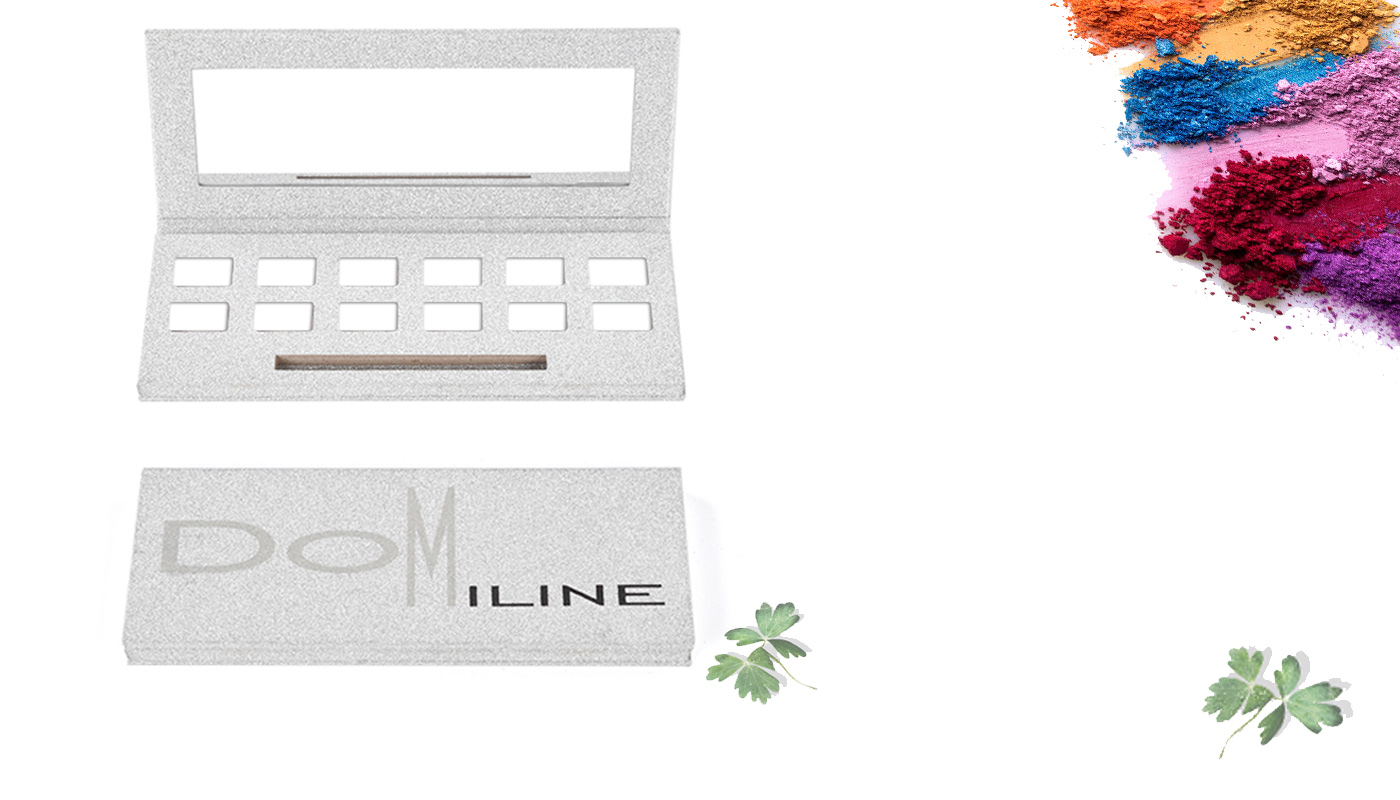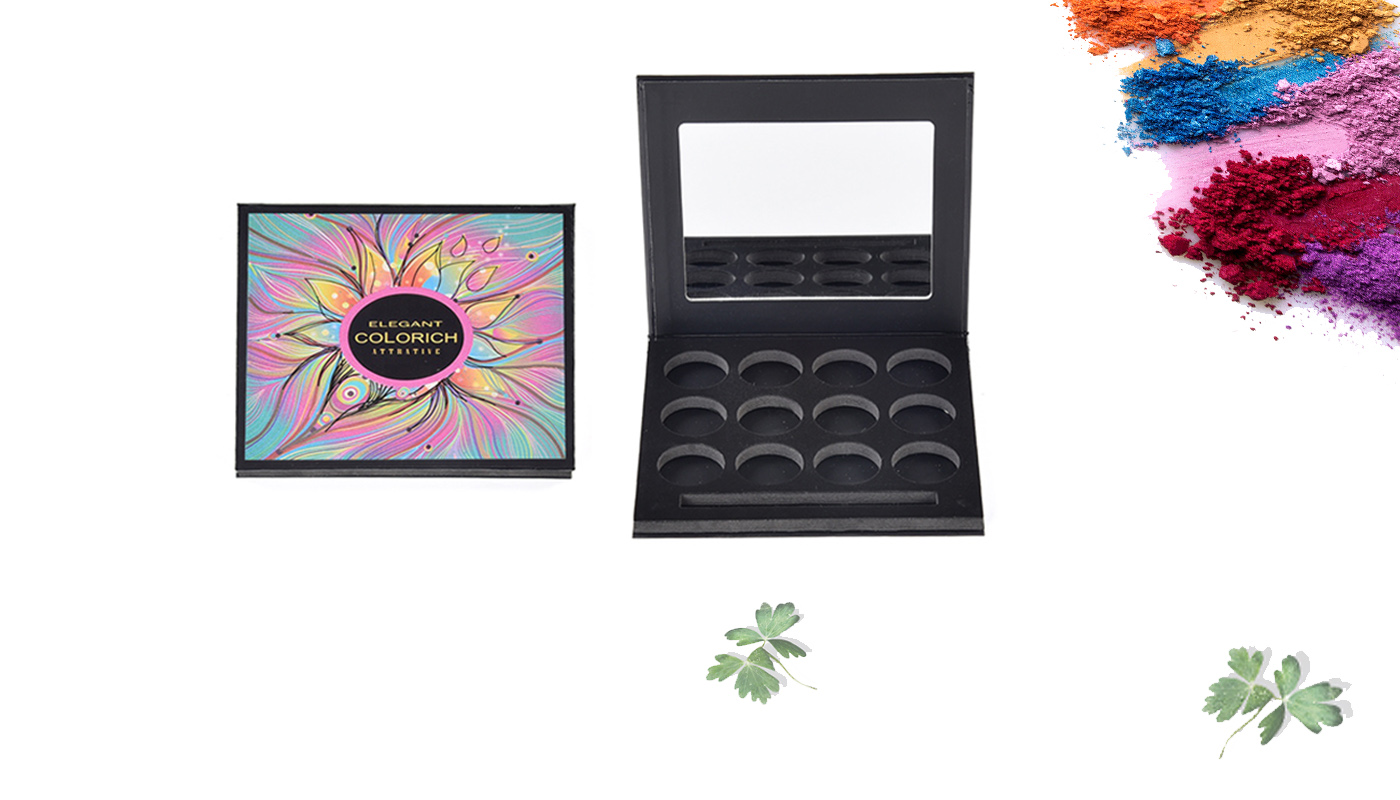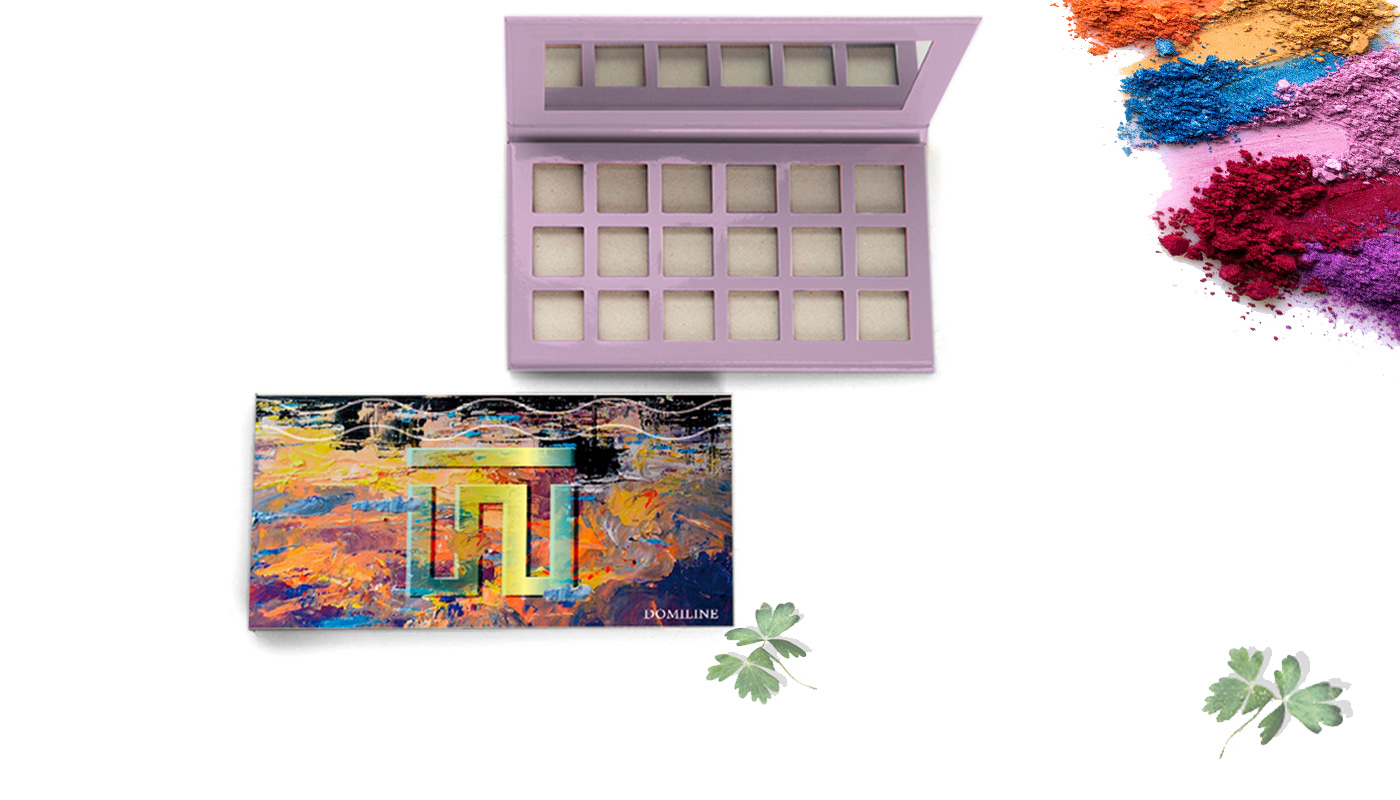Plastic waste is harming our planet, and beauty brands face pressure to go green. Are sustainable cosmetic packaging costs worth it? Discover the financial and environmental payoff.
Sustainable beauty packaging is worth it, offering long-term savings, consumer loyalty, and regulatory compliance. Refillable, recyclable, and biodegradable options balance costs with environmental and brand benefits. The beauty industry is evolving, and at Colorich, we're leading the way with sustainable cosmetic packaging that blends eco-values with style. Let's break down the costs and benefits for 2025.
Consumers are ditching brands that ignore sustainability, and regulations are tightening. Can beauty brands stay competitive without going green? The shift to eco-packaging is now essential.
Beauty brands are switching to sustainable cosmetic packaging to meet consumer demand, comply with regulations like EU’s PPWR, and enhance brand loyalty with eco-friendly, stylish designs.

The shift to sustainable cosmetic packaging is driven by consumer demand—73% of global consumers prefer eco-friendly brands, per a 2024 NielsenIQ survey—and stricter regulations like the EU’s Packaging and Packaging Waste Regulation (PPWR). At Colorich, we empower brands with FSC-certified paper that maintain luxury. While initial costs can be high, sustainable cosmetic packaging boosts brand reputation and market share. Challenges include navigating complex supply chains and consumer education on proper disposal.
| Factor | Impact |
|---|---|
| Consumer Demand | Eco-conscious buyers prioritize sustainable brands, driving loyalty. |
| Regulations | Laws like PPWR mandate recyclable or compostable packaging by 2030. |
| Brand Reputation | Green packaging enhances market appeal and competitiveness. |
| Challenges | Supply chain complexity and consumer education needs. |
Sustainable cosmetic packaging is a strategic move for beauty brands to thrive in 2025.
Sustainable cosmetic packaging sounds great, but the price tag can scare brands. Are eco-friendly materials too expensive? Let’s uncover the real costs of going green.
Sustainable cosmetic packaging costs include higher material prices (e.g., biodegradable PLA) and R&D but are offset by long-term savings, consumer loyalty, and avoiding regulatory fines.
Sustainable cosmetic packaging, like biodegradable PLA or refillable glass, often has higher upfront costs due to premium materials and research investment. At Colorich, we optimize costs by using scalable solutions like FSC-certified paper. Additional expenses include supply chain adjustments and consumer education campaigns. However, these costs are mitigated by reduced waste management fees and tax incentives in some regions. By 2025, innovations in enzyme-based biodegradable plastics are lowering production costs, making sustainability more accessible.
| Cost Type | Details |
|---|---|
| Materials | Biodegradable and recyclable materials are pricier than traditional plastic. |
| R&D | Investment in innovative, sustainable designs. |
| Supply Chain | Adjustments for eco-friendly sourcing and logistics. |
| Savings Potential | Tax incentives, reduced waste fees, and consumer loyalty benefits. |
Understanding these costs helps brands plan for sustainable transitions effectively.
Sustainable cosmetic packagingg costs can feel daunting, but do the benefits justify the investment? Can eco-friendly packaging drive profits? Let’s explore the payoffs.
Sustainable cosmetic packagingboosts brand loyalty, attracts eco-conscious consumers, ensures regulatory compliance, and reduces long-term costs, offsetting initial expenses with significant financial and environmental gains.

The benefits of sustainable cosmetic packaging extend beyond environmental impact. At Colorich, our sustainable beauty packaging solutions enhance brand loyalty, with 60% of consumers willing to pay more for eco-friendly products, per a 2024 Statista report. Compliance with regulations like PPWR avoids fines, while reduced waste lowers disposal costs. Sustainable cosmetic packaging also differentiates brands in a crowded market, driving sales. For example, our biodegradable inks maintain luxury aesthetics, ensuring no compromise on style.
| Benefit | Impact |
|---|---|
| Brand Loyalty | Eco-conscious consumers prefer sustainable brands, boosting retention. |
| Regulatory Compliance | Avoids fines and aligns with global sustainability mandates. |
| Cost Savings | Lower waste management and potential tax incentives. |
| Market Edge | Differentiates brands, attracting premium customers. |
These benefits make sustainable cosmetic packaging a smart investment for beauty brands.
Small beauty brands struggle with tight budgets, and sustainable cosmetic packaging seems costly. Can they go green without breaking the bank? Let’s find affordable solutions.
Small brands can afford sustainable cosmetic packaging by using cost-effective materials like FSC-certified paper, partnering with suppliers like Colorich.
Small beauty brands can embrace sustainability without financial strain by prioritizing cost-effective materials like FSC-certified paper and recycled plastics. As one of leading cosmetic paper box manufacturers, Colorich offer scalable solutions that reduce upfront costs while maintaining premium aesthetics. Partnering with eco-focused suppliers streamlines sourcing, and shared recycling programs lower expenses. Starting with secondary packaging (e.g., boxes) allows gradual adoption. By 2025, grants and incentives for sustainable practices are more accessible, helping small brands compete.
| Strategy | Details |
|---|---|
| Cost-Effective Materials | Use FSC-certified paper or recycled plastics for affordability. |
| Supplier Partnerships | Collaborate with eco-focused suppliers for cost savings. |
| Scalable Solutions | Start with refillable or secondary packaging to manage costs. |
| Incentives | Leverage grants and tax breaks for sustainable practices. |
Small brands can go green smartly with strategic planning and partnerships.
Investing in sustainable cosmetic packagingfeels risky without proof of returns. Do eco-friendly beauty brands see real profits? Let’s look at success stories.
Beauty brands like Lush and Colorich clients see ROI from sustainable cosmetic packaging through increased sales, customer loyalty, and reduced waste costs, proving eco-investments pay off.

Sustainable cosmetic packaging delivers measurable ROI for beauty brands. Lush’s refillable pots increased sales by 15% in 2024, driven by eco-conscious consumer loyalty. Colorich's clients using FSC-certified paper boxes report 20% higher customer retention due to brand alignment with green values. Reduced waste disposal costs and tax incentives further boost profitability. By 2025, chemical recycling advancements lower material costs, enhancing ROI. These examples show that sustainable cosmetic packaging is both environmentally and financially rewarding.
| Brand | ROI Outcome |
|---|---|
| Lush | 15% sales increase from refillable pots; strong customer loyalty. |
| Colorich Clients | 20% higher retention with FSC-certified packaging. |
| Cost Savings | Reduced waste fees and tax incentives improve profitability. |
| Market Trends | Chemical recycling lowers material costs, boosting ROI in 2025. |
Eco-packaging drives profits and sustainability for forward-thinking brands.
Jumping into sustainable cosmetic packaging without a plan can backfire. What should brands consider to avoid costly mistakes? Let’s outline key questions.
Before investing, brands should ask about material costs, consumer appeal, regulatory compliance, and scalability to ensure sustainable cosmetic packaging aligns with business goals and budgets.
Before adopting sustainable cosmetic packaging, beauty brands must evaluate key factors. At Colorich, we guide clients to ask: What are the material costs versus long-term savings? Does the packaging appeal to eco-conscious consumers? Will it comply with regulations like PPWR? Is the solution scalable for growth? These questions ensure informed decisions. For example, choosing recyclable glass over biodegradable PLA may suit brands prioritizing aesthetics and recycling infrastructure. By 2025, smart packaging technologies can further align sustainability with profitability.
| Question | Why It Matters |
|---|---|
| Material Costs? | Balances upfront costs with long-term savings. |
| Consumer Appeal? | Ensures alignment with eco-conscious buyer preferences. |
| Regulatory Fit? | Avoids fines and aligns with global mandates like PPWR. |
| Scalability? | Supports growth without compromising sustainability goals. |
Asking these questions ensures sustainable cosmetic packaging success.
Sustainable cosmetic packaging can feel overwhelming with costs and options. Ready to make it work for your brand? Let’s find the perfect eco-solution.
Colorich offers tailored sustainable cosmetic packaging solutions, balancing cost, style, and eco-impact with recyclable, and biodegradable options to elevate your beauty brand.
Achieving the right balance between cost and sustainability requires tailored strategies. At Colorich, we offer FSC-certified paper, and biodegradable inks to meet diverse budgets and aesthetic needs. By prioritizing scalable solutions and leveraging 2025 innovations like chemical recycling, we help brands reduce costs while meeting consumer and regulatory demands. Small brands can start with secondary packaging, while larger ones can invest in smart refill systems, ensuring eco-impact without financial strain.
| Strategy | Details |
|---|---|
| Tailored Solutions | Custom cosmetic packaging to fit budget and brand goals. |
| Scalable Options | Start small with secondary packaging; scale as needed. |
| Innovations | Use cost-saving tech like chemical recycling. |
| Partnerships | Work with Colorich for affordable, stylish eco-solutions. |
Contact us for sustainable beauty packaging solutions that fit your budget.
Sustainable beauty packaging is worth it, balancing costs with consumer loyalty, regulatory compliance, and profitability. Colorich delivers stylish, eco-friendly solutions for 2025 success.

Hey,I'm Rachel Liao,the sales manager of Colorich Packaging.
With solid professional skills and acute market insight, focus on providing customers with customized packaging solutions and supply chain optimization services.
●Packaging demand analysis and solution design
●Customer development and long-term relationship maintenance
●Cost optimization and sustainable packaging practices
